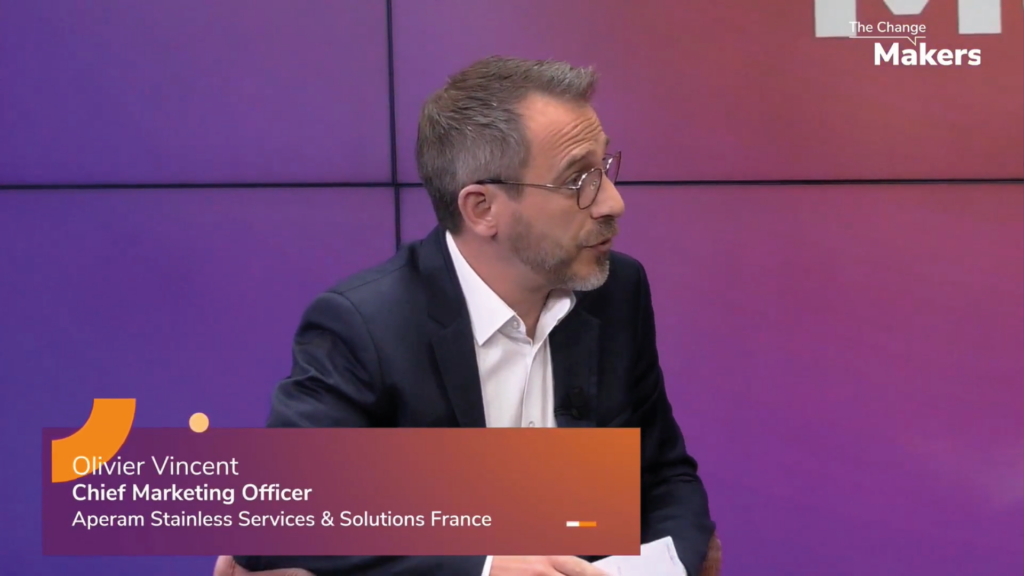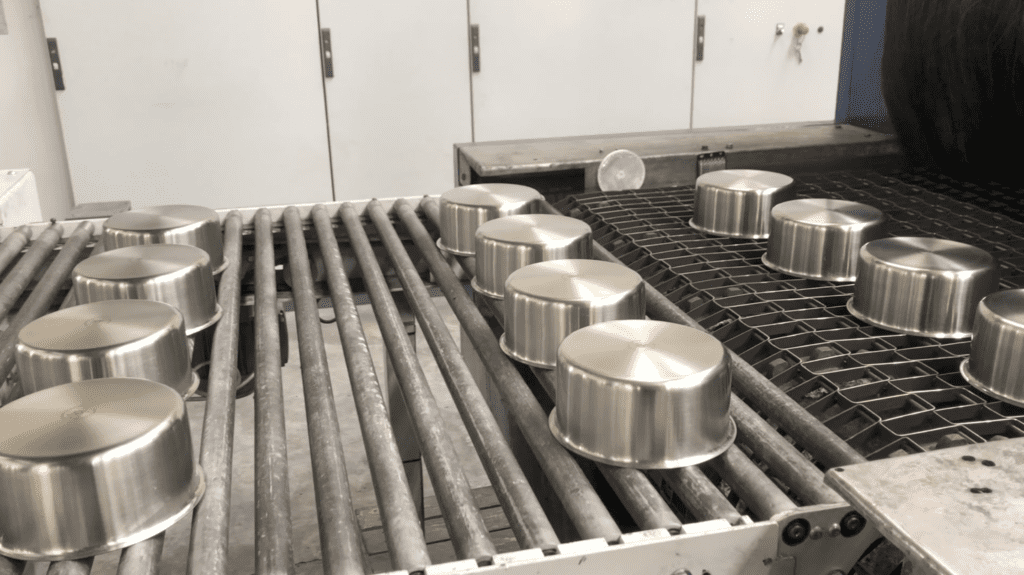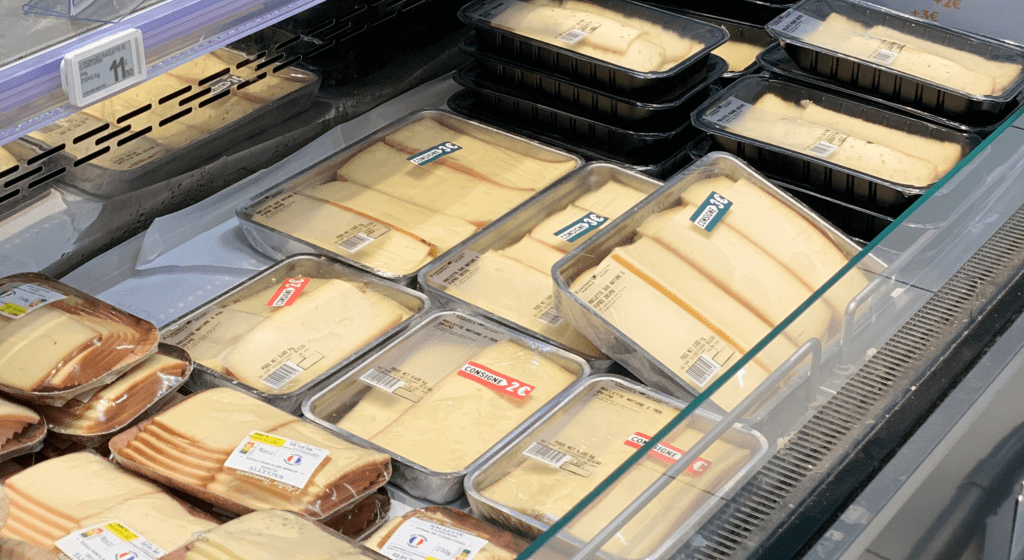Finding an alternative to plastic packaging
Interview with Olivier Vincent,
Chief Marketing Officer at Aperam Stainless Services and Solutions France
Not only are single-use plastics wasteful and polluting, they also have a substantial carbon footprint. As new regulations restrict – if not prohibit – their use, the food and beverage sector must find an alternative to plastic packaging. Olivier Vincent explains what makes stainless steel the material of choice for sustainable food packaging.

- Q: We know that plastic packaging isn’t sustainable. But can you tell us what sustainable packaging is?
Olivier Vincent: At Aperam, sustainable packaging is reusable packaging. Our goal is to replace the use of disposable packaging – even if that packaging is recyclable – with reusable alternatives. These are containers that can be reused in the kitchen or returned to the store where they were bought.
We believe that stainless steel is the ideal material for achieving this goal.
- Q: What advantages does stainless steel have over other packaging materials?
Olivier Vincent: Unlike other materials, such as glass or aluminium, stainless steel is highly hygienic and very corrosion resistant – both essential characteristics when coming into contact with food products. Stainless steel is also infinitely recyclable and is produced using more than 80% recycled material.
In other words, with stainless steel, you can create a sustainable, reusable container that is light yet strong, easy to clean, and practical to use.
- Q: Isn’t stainless steel an expensive material?
Olivier Vincent: Because stainless steel is a high-quality material, it is often thought of as being an expensive material, and in some cases it is. Setting aside the fact that this higher price tag means getting a higher quality material, the packaging industry needs to look beyond the cost of the stainless steel and at the total cost of the manufactured product.
Let me explain. Due to its unique properties and the experience of the European stainless steel industry, we can help manufacturers design quality containers that aren’t very complex and thus can be produced at a lower cost. In other words, while the material itself may cost more, some of this cost can be recovered during the design and production phases.

- Q: Will the transition to sustainable packaging be a gradual one?
Olivier Vincent: No, we must act now. On the one hand, you have regulations that require the food packaging industry to ditch single-use plastics – you’re already seeing this with bans on plastic straws, plastic bags, and plastic trays. But companies are also facing increasing pressure from consumers, who are demanding sustainable solutions..
- Q: Considering the urgency, can Aperam help companies make the transition to sustainable packaging?
Olivier Vincent: Absolutely. Aperam doesn’t just produce and sell stainless steel, we partner with our customers to help them make economically viable, attractive, useful and, in this case, sustainable products. Sharing our expertise and know-how, we can support them in every stage of the process, from selecting the right grade to implementing an efficient production process to designing an attractive product.
For example, with one of our food packaging customers, we studied the best ratio between grade and slickness to help minimise the amount of stainless steel used and to simplify the embossing process. We also worked with a customer to design a reusable stainless steel container that can be safely used in the microwave.
I do want to highlight that with one of these customers, after they cut and emboss the stainless steel, Aperam collects the scrap, which we then use to produce new stainless steel. So, not only are these containers reusable, they’re also circular.

- Q: Does this mean that these reusable stainless steel containers are already available on the market?
Olivier Vincent: Indeed, they are. Unfortunately, due to non-disclosure agreements I cannot say where, but I can tell you that they are already being used at some very large supermarkets. I can also tell you that we are just scratching the surface in terms of sustainable packaging. More and more companies will be making the shift to sustainable food packaging, and Aperam will have the solutions and the support they need to make this transition possible.
For more information about Aperam’s innovations in the stainless steel industry, or to learn more about our battery housing solutions, feel free to reach out to our team.


 1,87%
1,87%